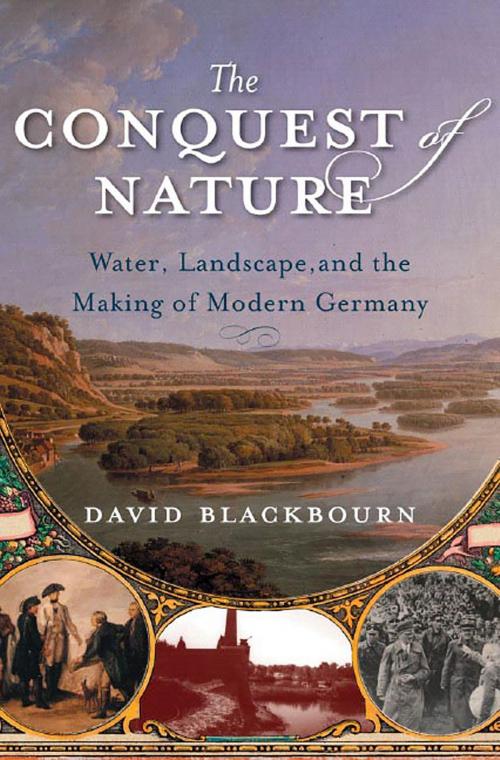The Conquest of Nature: Water, Landscape, and the Making of Modern Germany
Nonfiction, History, Germany| Author: | David Blackbourn | ISBN: | 9781324000983 |
| Publisher: | W. W. Norton & Company | Publication: | August 17, 2007 |
| Imprint: | W. W. Norton & Company | Language: | English |
| Author: | David Blackbourn |
| ISBN: | 9781324000983 |
| Publisher: | W. W. Norton & Company |
| Publication: | August 17, 2007 |
| Imprint: | W. W. Norton & Company |
| Language: | English |
"Brilliantly conceived....[A] tour de force in historical writing."—Ian Kershaw
Majestic and lyrically written, The Conquest of Nature traces the rise of Germany through the development of water and landscape. David Blackbourn begins his morality tale in the mid-1700s, with the epic story of Frederick the Great, who attempted—by importing the great scientific minds of the West and by harnessing the power of his army—to transform the uninhabitable marshlands of his scattered kingdom into a modern state. Chronicling the great engineering projects that reshaped the mighty Rhine, the emergence of an ambitious German navy, and the development of hydroelectric power to fuel Germany's convulsive industrial growth before World War I, Blackbourn goes on to show how Nazi racial policies rested on German ideas of mastery of the natural world. Filled with striking reproductions of paintings, maps, and photographs, this grand work of modern history links culture, politics, and the environment in an exploration of the perils faced by nations that attempt to conquer nature.
"Brilliantly conceived....[A] tour de force in historical writing."—Ian Kershaw
Majestic and lyrically written, The Conquest of Nature traces the rise of Germany through the development of water and landscape. David Blackbourn begins his morality tale in the mid-1700s, with the epic story of Frederick the Great, who attempted—by importing the great scientific minds of the West and by harnessing the power of his army—to transform the uninhabitable marshlands of his scattered kingdom into a modern state. Chronicling the great engineering projects that reshaped the mighty Rhine, the emergence of an ambitious German navy, and the development of hydroelectric power to fuel Germany's convulsive industrial growth before World War I, Blackbourn goes on to show how Nazi racial policies rested on German ideas of mastery of the natural world. Filled with striking reproductions of paintings, maps, and photographs, this grand work of modern history links culture, politics, and the environment in an exploration of the perils faced by nations that attempt to conquer nature.















